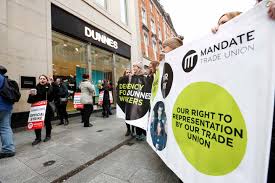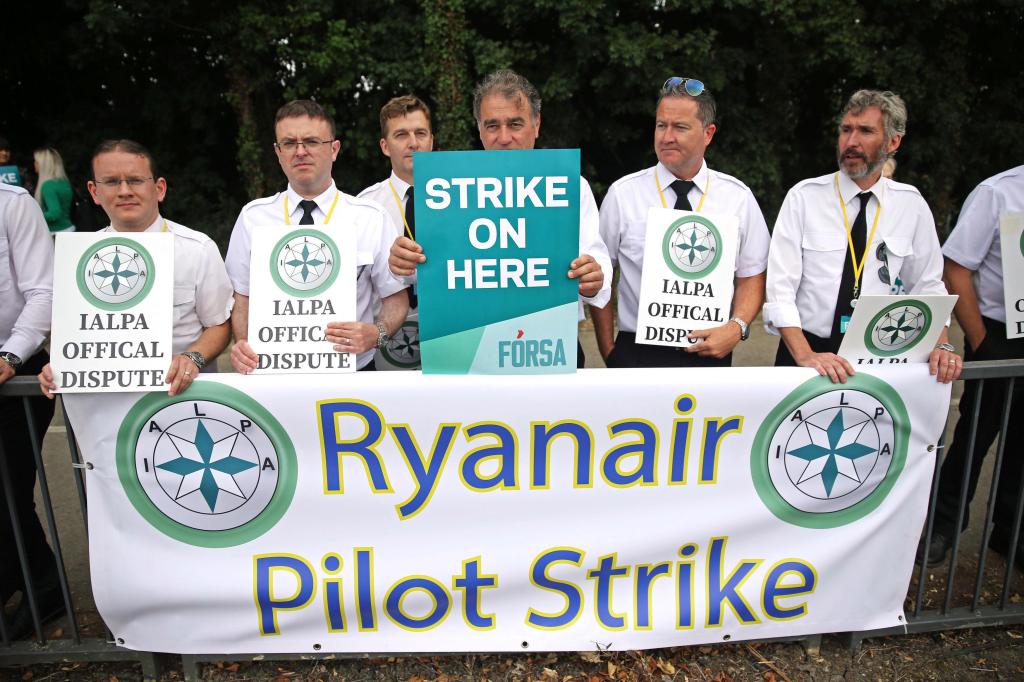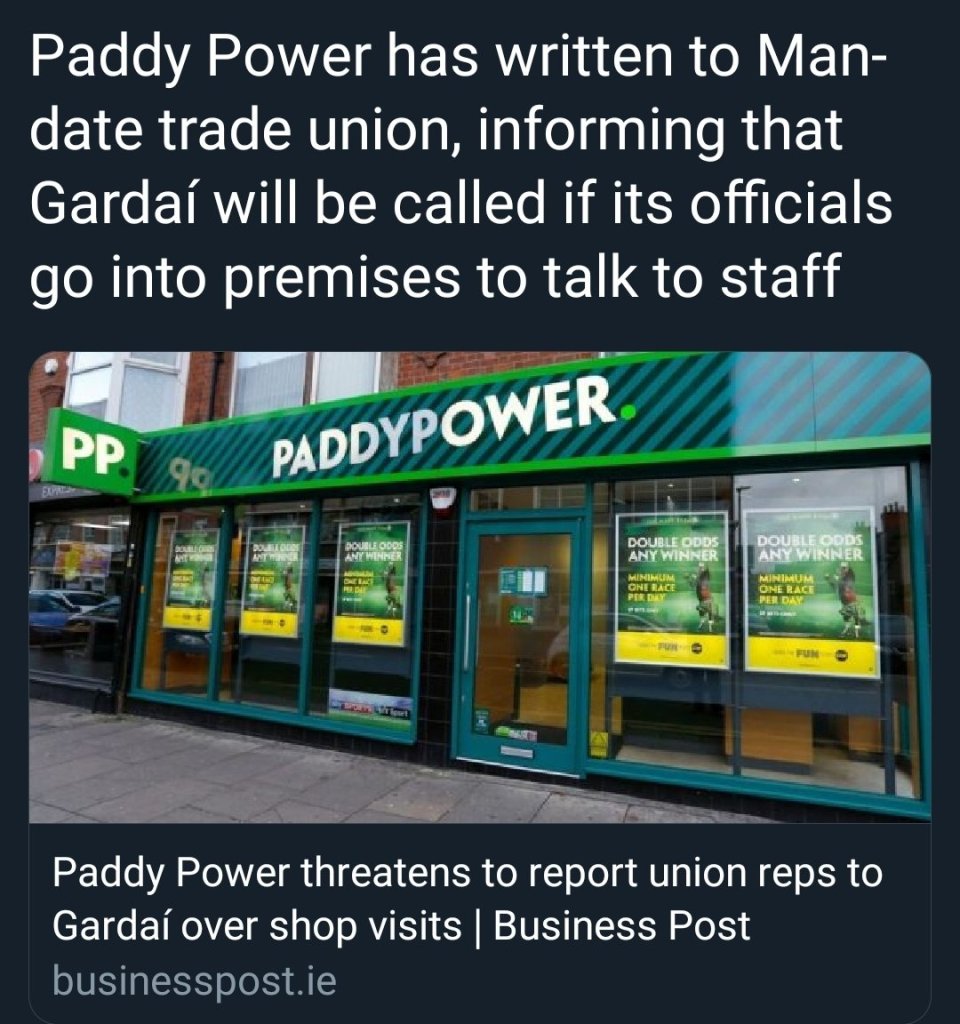Trade union rights are not protected under EU law.
The best way to secure fair wages is through collective bargaining by trade unions and the right to join a trade union and to bargain collectively is recognised as a fundamental human right by numerous European and international charters and conventions. And yet union-busting is on the rise in EU.
Collective bargaining must be the prerogative of genuine, democratic trade unions, and not arbitrary groups often set up to undermine union strength and impose unacceptable conditions.
The “obligation” on the EU and its member states is clear. The legally binding Charter of Fundamental Rights of the EU (article 12) establishes ‘the right of everyone to form and to join trade unions for the protection of his or her interests’. Several International Labour Organization (ILO) conventions reinforce the right to negotiate on behalf of workers, including the Collective Bargaining Convention (1981). Principle 8 of the European Pillar of Social Rights further encourages the social partners ‘to negotiate and conclude collective agreements in matters relevant to them, while respecting their autonomy and the right to collective action’.

The International Trade Union Confederation’s Global Rights Index 2020 revealed that 38 per cent of European countries excluded workers from the right to join or set up a union, 56 per cent failed to uphold the right to collective bargaining and no fewer than 72 per cent violated the right to strike. Many employers are refusing to enter talks or are choosing to bypass legitimate trade unions in favour of non-union and non-representative ‘sweetheart’ organisations or ‘house associations’. Workers were arrested and detained in 26% of countries in Europe while 72% of countries violated the right to strike.
There is growing evidence of anti-union activities by well-known companies. In Ireland, the bookmaker Paddy Power and retailer Dunne’s Stores have used Gardai to expel trade union representatives from their premises. In Latvia, legislation allows employers to set up ‘yellow’ unions, to prevent legitimate trade unions from reaching collective agreements.
In France, mass, peaceful demonstrations against pension reform were violently repressed by the police. Commonly, ending the automatic ‘check-off’ payment of union dues from wages has had a severe impact on union finances.
Amazon has subjected employees to surveillance in a number of EU countries, including Spain, Austria and Czechia, using ‘professional’ union-busters and private detectives to spy on trade union activities. Indeed, union-busting is now big business—and forms part of the business model of major companies such as Ryanair.

Trade unionists are still arrested and prosecuted for carrying out their duties, for instance in Belgium. And now some member states have adopted so-called emergency procedures in response to Covid-19, seriously limiting trade union rights such as holding demonstrations. In Hungary, a new law, introduced without consultation, prohibits collective bargaining, outlaws strikes and terminates all existing agreements in the healthcare sector.
More action to promote collective bargaining is needed, ensuring that it covers all working conditions and not just wage-setting. Trade union officials must have guaranteed access to workplaces and union representatives should have the time and facilities to carry out their duties.
EU competition law can prevent non-standard and self-employed workers from organising together in a trade union and concluding collective agreements. Economic freedoms and competition rules in the EU can also be a means of circumventing workers’ protection. Collective agreements should not be made subject to competition rules—something the EU Commission seems actively to be considering in its recently published inception analysis.
Freedom of association and the right to act collectively are fundamental human rights and must be defended—not just by trade unions but by national governments too. More action at national level to promote collective bargaining is needed, ensuring that it covers all working conditions and not just wage-setting. Significantly, only 29 percent of respondents have heard, read or seen anything about the European Pillar of Social Rights, and most of them said they “don’t really know what it is,” according to the latest Eurobarometer. But the lack of awareness comes alongside citizens’ understanding of who actually has the power to do something about these issues: 76 percent of those who said they had heard about the social pillar reckoned making it a reality depends on Member State actions. The neo-liberal EU where competition policy is paramount cannot be depended upon to deliver.
Trade union officials must have guaranteed access to workplaces and union representatives should have the time and facilities to carry out their duties. Governments must also act firmly to protect trade unionists from discrimination, dismissal and blacklisting. Employers should be prevented from interfering in trade unions’ internal affairs, offering bribes or incentives to non-unionised staff or intimidating workers to stop them joining a union.
Public-procurement law must be strengthened to ensure that only companies which respect workers’ rights to bargain collectively and have implemented agreements can gain access to public contracts, grants and funding.

These struggles are best carried out at national level with international solidarity through union structures such as the global union IndustriALL or the Global Power Trade Union, when appropriate. But in the end, it is down to workers themselves organised in their unions to achieve these objectives. Neither the EU nor our government will deliver.







